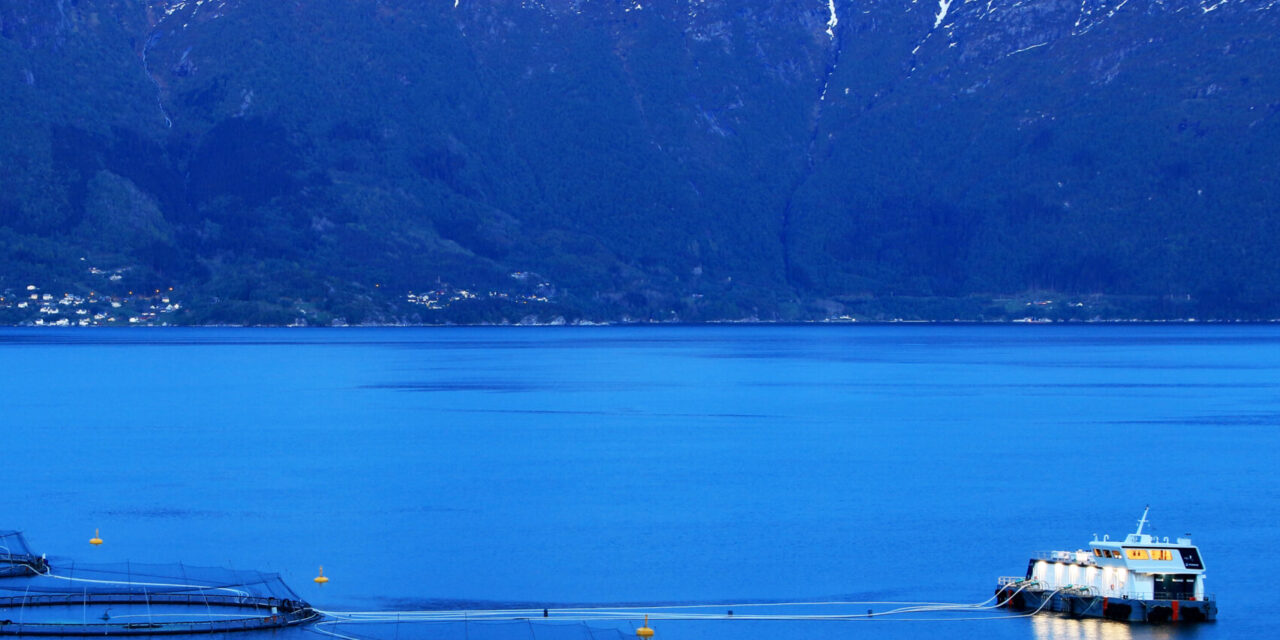
Aquaculture Policy Report: April 2024
This report includes an examination of mariculture as well as updates on federal aquaculture legislation, relevant upcoming events and more.

This report includes an examination of mariculture as well as updates on federal aquaculture legislation, relevant upcoming events and more.
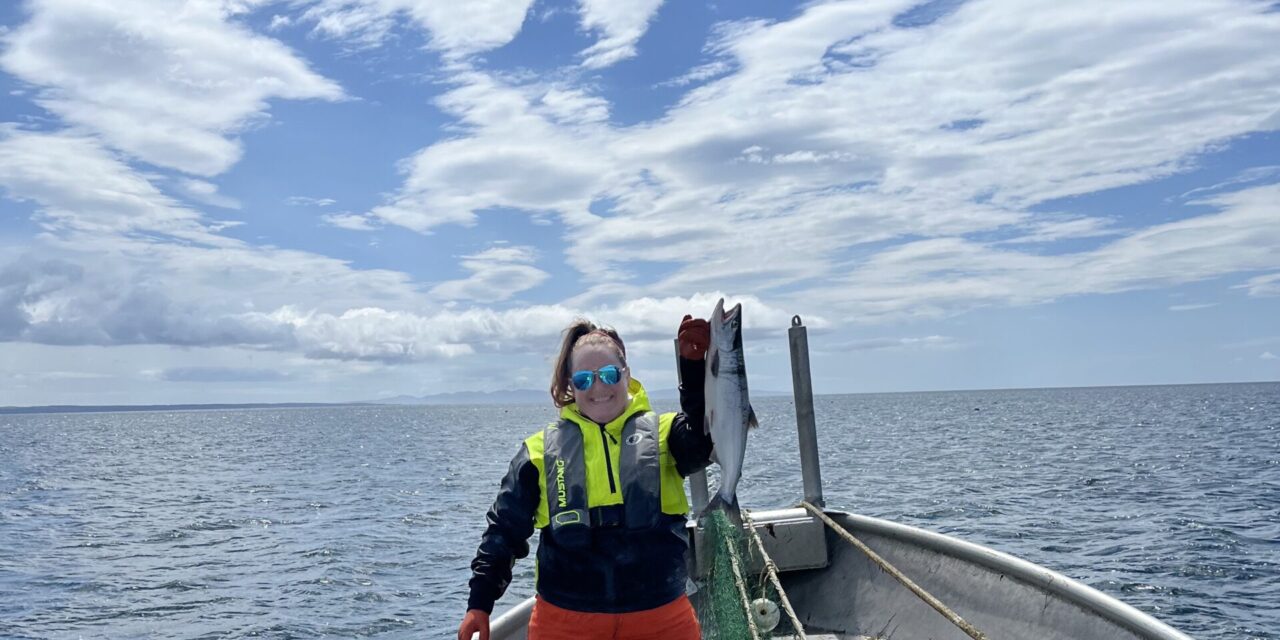
Commercial fisherman and Ocean Strategies consultant Hannah Heimbuch looks at the impacts of processing consolidation and closures on small fishing businesses in rural Alaska.
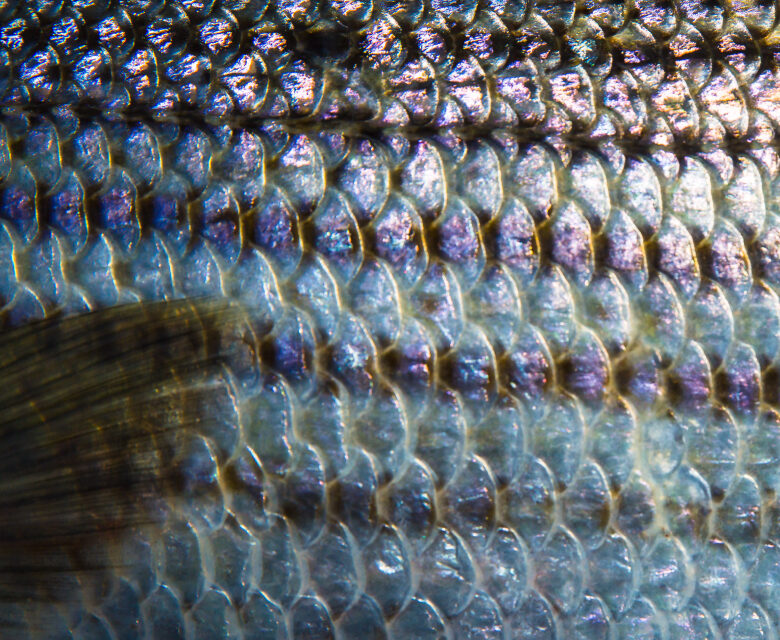
This report includes an analysis as well as a personal connection to Alaska’s fish processing woes; updates on federal fisheries legislation; analysis on the National Academies of Sciences’ Equity report, What We’re Reading, and more.
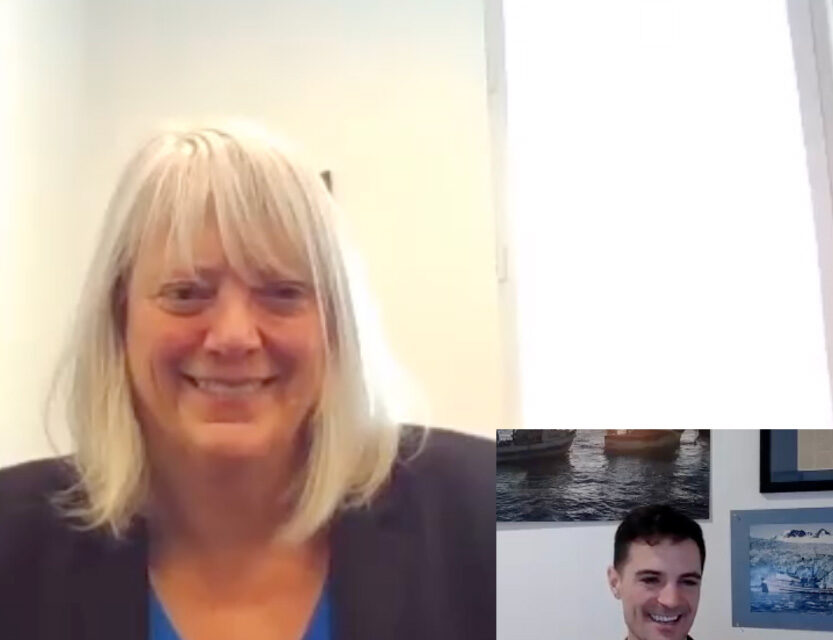
NOAA's Janet Coit talks to Ocean Strategies' Principal Brett Veerhusen to talk about seafood, coastal communities, and the latest updates in fisheries policy.
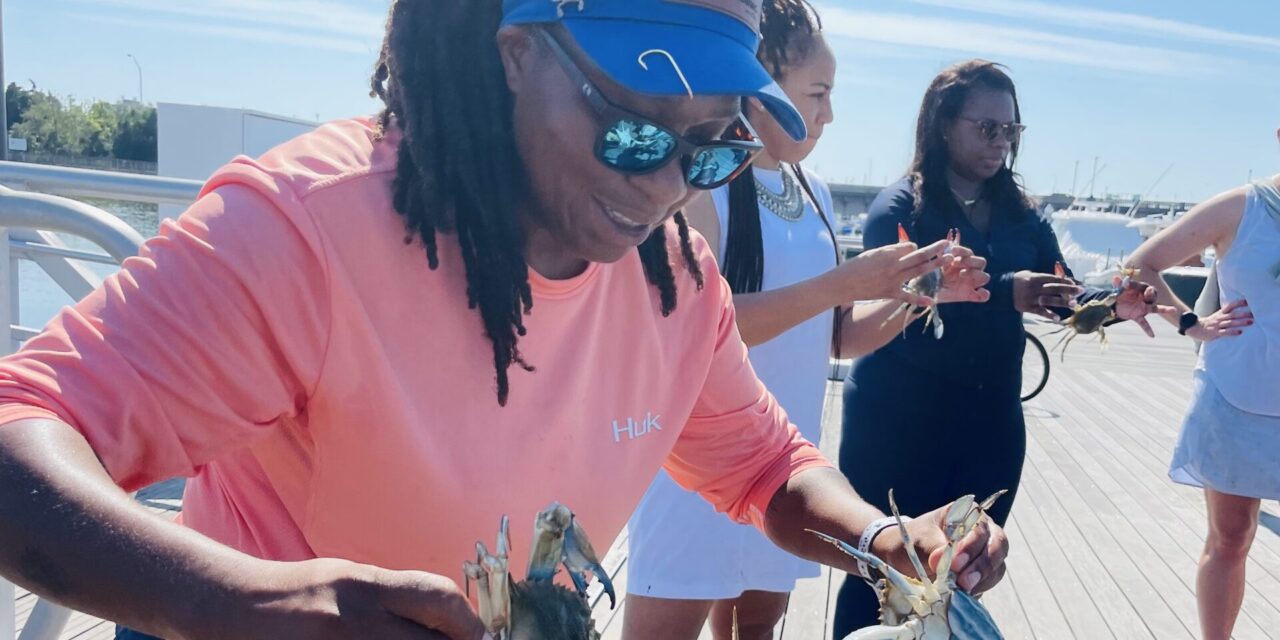
Talking to Tia Clark about her waterfront guide business, and how she turned a personal passion into a beloved community experience.

Alaska commercial fisherman and Ocean Strategies consultant Hannah Heimbuch recently participated in a unique approach to seafood news stories, spending a morning in a Seattle studio kitchen recording 26 back-to-back interviews talking sustainable seafood and how to prepare it with news hosts across the country.
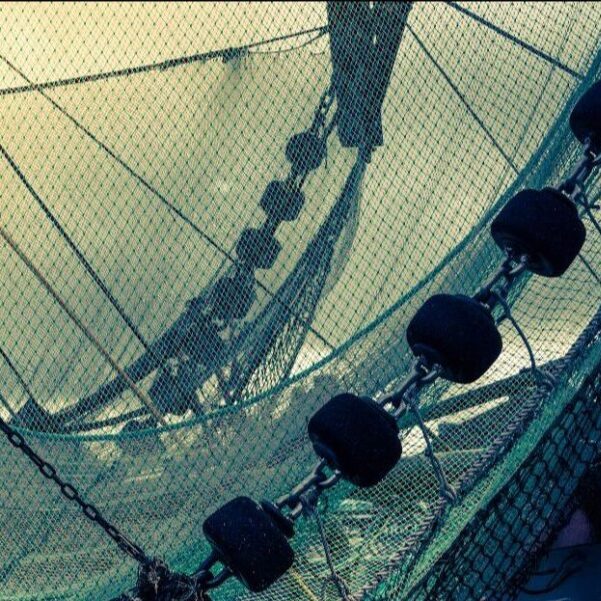
In this fall edition of the policy report you will find: updates on the overflowing salmon market, seafood issues in the Farm Bill, new strategic plans from NOAA, and more seafood industry issues.
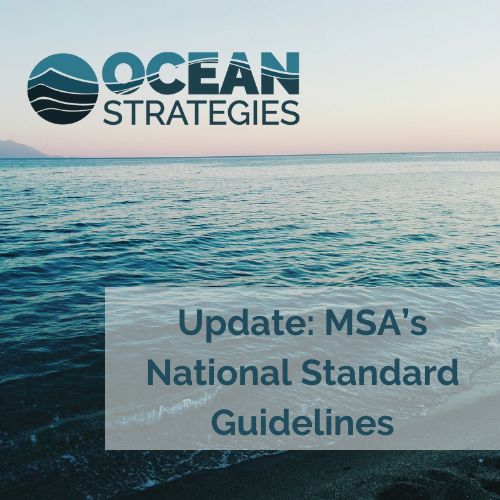
NOAA Fisheries is proposing updates to federal guidelines for the Magnuson-Stevens Fishery Conservation and Management Act (MSA) National Standards — specifically those that address Allocations, Communities and Bycatch.

In this spring edition of the policy report you will find: updates on the National Seafood Strategy, interviews with NOAA's Michael Rubino and Hawaiian native fish pond coordinator Brenda Asuncion, USDA seafood purchasing requests…
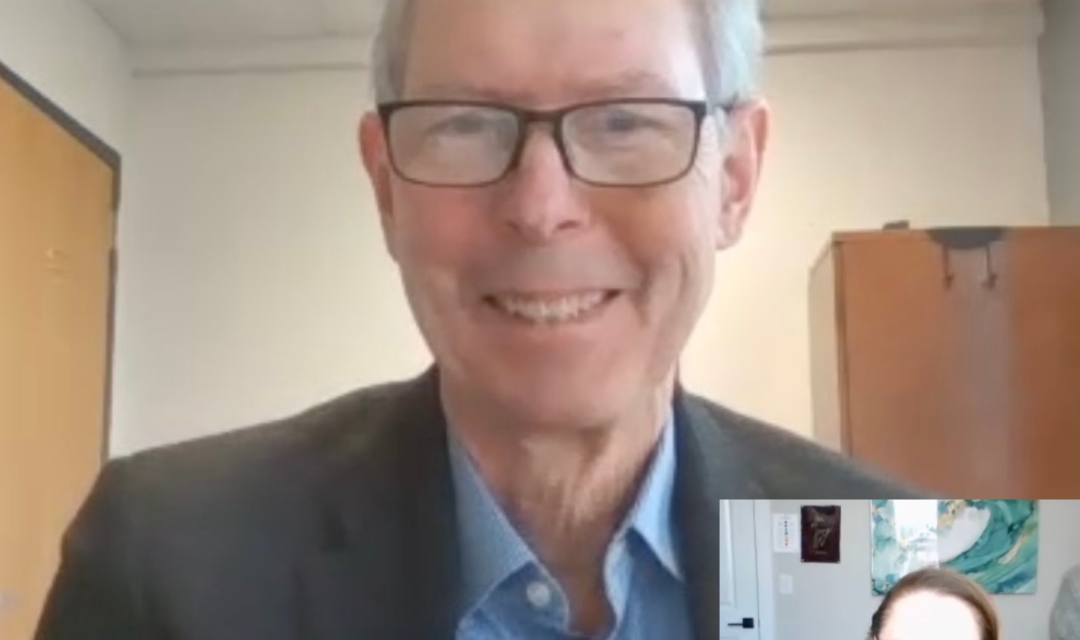
Ocean Strategies Senior Consultant Hannah Heimbuch recently sat down with Dr. Michael Rubino, NOAA Fisheries' Senior Advisor for Seafood Strategy. They discussed an overview of NOAA's upcoming National Seafood Strategy, public comments for which closes the end of March. NOAA Fisheries is tasked with management and conservation of the Nation's seafood resources, for sustainability, food security and local-to-national benefit. The seafood strategy provides an overview of how NOAA Fisheries will address that task in the coming years, recognizing that challenges like climate change require new approaches to existing goals. Hannah spoke with Dr. Rubino about how they'll complete and implement this overarching set of priorities.